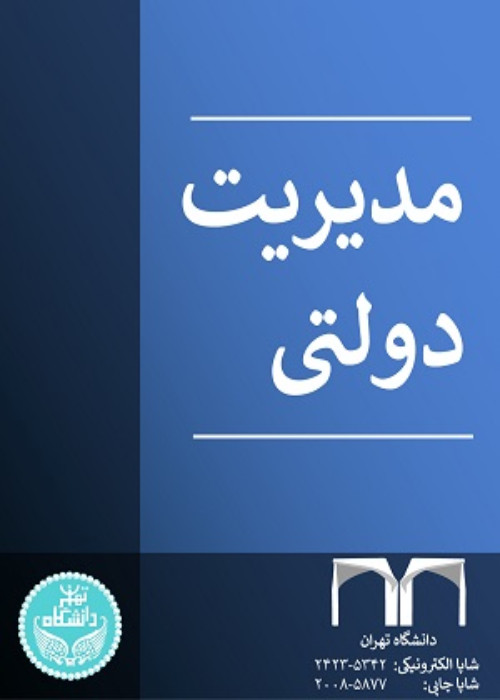Effective Experiences in Developing Managers' Strategic Thinking: A Phenomenological Approach
Strategic thinking, long recognized as essential for organizational success, is increasingly vital across various levels of management. This cognitive skill enables organizations to adeptly navigate and manage changing environmental dynamics, thus sustaining competitive advantages. Traditionally viewed as a senior management prerequisite, the need for strategic thinking has expanded to lower organizational echelons in response to escalating environmental complexities. This capability equips managers with the foresight to comprehend, anticipate, and strategically respond to future events. Instead of merely reacting to changes, effective strategic thinking empowers managers to proactively shape and influence these dynamics. Research on the developmental trajectory of strategic thinking is notably limited. A comprehensive understanding of how managers evolve into skilled strategic thinkers is a multifaceted endeavor, warranting exploration from diverse viewpoints. This study is dedicated to examining the evolution of strategic thinking, particularly focusing on the experiential dimension. It seeks to identify and elucidate the specific experiences and their impactful attributes that contribute to the cultivation of strategic thinking among managers in Iran's burgeoning financial technology (Fintech) industry.
Adopting a qualitative methodology, this research is anchored in the descriptive phenomenological approach, with an emphasis on deeply understanding experiences as they naturally occur. To uncover the nuances of how managers in the Fintech industry develop strategic thinking skills, the study utilized semi-structured interviews. These interviews were meticulously designed to align with the research objectives, offering participants the opportunity to richly reconstruct and reflect upon their relevant experiences. Participant selection employed non-probability and purposive sampling methods, complemented by snowball sampling to ensure a comprehensive representation. The study engaged 14 senior managers in the financial technology sector, delving into their personal and professional journeys. Data analysis was conducted using the Colaizzi method, which involves a thorough process of transcribing interviews, detailed reading and re-reading of the transcripts, extracting significant statements, and formulating meaningful interpretations for each statement. This process also entailed organizing these interpretations into coherent thematic clusters, integrating these themes into a holistic description of the phenomenon, and delineating the fundamental structure of the experience. Crucially, the research findings were presented back to the participants for validation, allowing for any necessary refinements to ensure accuracy and authenticity.
This research successfully identified seven distinct and impactful experiences contributing to the development of strategic thinking among managers in Iran's Fintech industry, alongside the defining characteristics of these experiences. These pivotal experiences encompassed a range of factors: openness to new experiences, mentorship support, leadership in critical and challenging situations, a strong emphasis on personal development, extensive networking and communication, encountering and overcoming critical challenges, and leveraging failure as a tool for growth and development.
This study contributes to the existing body of research underscoring the significance of experiential learning. Conducted within the specific context of Iran's financial technology industry, the findings corroborate the instrumental role of experiential learning in the evolution of strategic thinking capabilities. The validity and reliability of the research outcomes were further reinforced through participant validation, ensuring the findings authentically represent the experiences and perceptions of those involved
- حق عضویت دریافتی صرف حمایت از نشریات عضو و نگهداری، تکمیل و توسعه مگیران میشود.
- پرداخت حق اشتراک و دانلود مقالات اجازه بازنشر آن در سایر رسانههای چاپی و دیجیتال را به کاربر نمیدهد.


